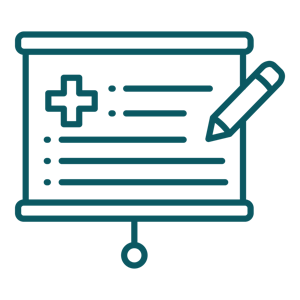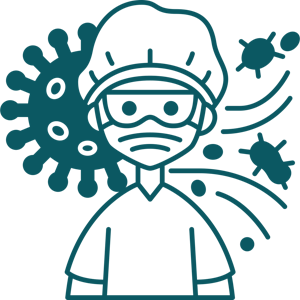According to the U.S. Bureau of Labor Statistics, overall employment in healthcare occupations is expected to grow 13 percent over the next decade, which is much faster than other occupational groups1. Public health analysts, also known as public health data analysts, are among these fast growing occupations and an integral part of the public health workforce. In November of 2022, the Center for Disease Control and Prevention awarded $3.2 billion to states, cities, and localities to help strengthen the public health workforce2. This included a specific focus on recruiting and training public health data analysts to be deployed into the field. As an increasingly prominent role in the public health workforce, now is a great time to consider becoming a public health analyst.
In this article, we will delve into the field of public health analysts by exploring common duties and responsibilities, essential skills, and educational pathways to becoming a public health analyst. Finally, we will end with training tips and advice for anyone considering a career in the field.




